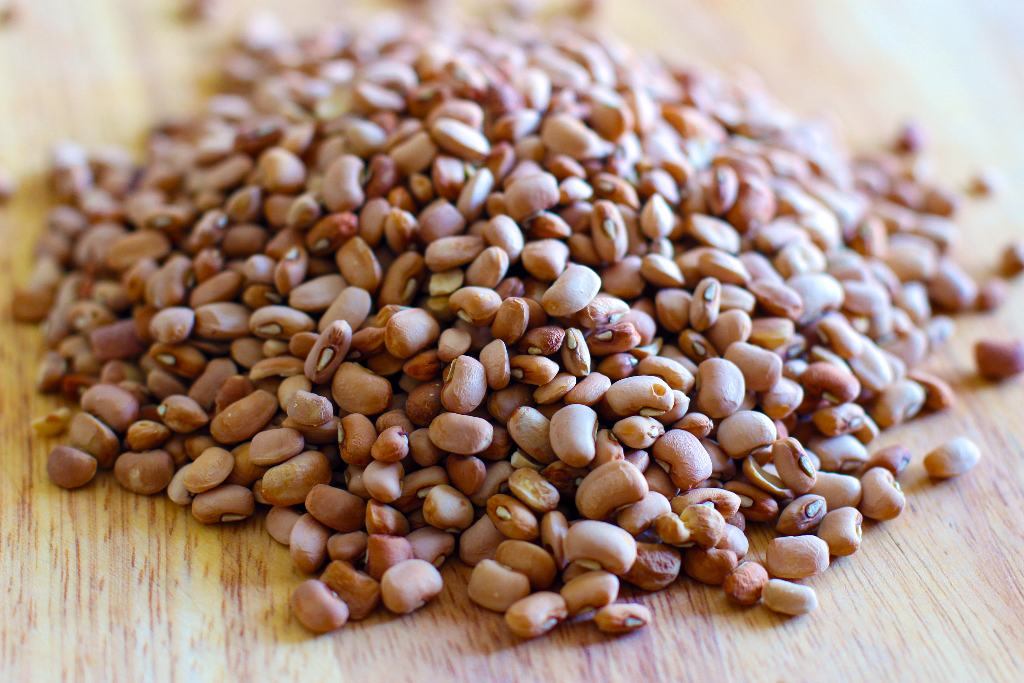- Nigeria Spends N16bn Annually on Beans Importation – FG
Despite being the number one producer of beans in the world, Nigeria spends N16bn annually to import the produce from neighbouring countries, the Federal Government has said.
Speaking at a training for journalists organised by the Open Forum for Agricultural Biotechnology in Africa in Abuja on Thursday, Permanent Secretary in the Ministry of Science and Technology, Mr Bitrus Bako, said that the recent certification of environmental safety of genetically modified beans would help to bridge the gap in production.
Bako, who was represented by Director, Special Duties, Mr James Sule, gave the assurance that the quality of genetically modified beans expected to be released in 2020 would be safe, nutritious, harmless and insect free.
The National Biosafety Management Agency had recently approved the environmental release of pod bearer resistant beans in the country. This is expected to be followed with a commercial release which would mark the release of the crop for sale and consumption.
Bako said, “Prior to the release, cowpea (beans) production has been achieved only through extensive applications of pesticides aimed, in part, at battling the devastating bean pod borer. Farmers were forced to spend money on eight or more pesticide applications at each planting cycle. Yet, they still lose 80 per cent of their yields to the voracious insects.
“It may interest you to note that Nigeria is the number one producer of cowpea globally yet there is consumption deficit of half a million tonnes, prompting imports from neighbouring countries like Cameroon and Burkina Faso which is estimated to cost N16bn annually.
“With BT cowpea, the gap in production will be bridged and Nigeria will save N16bn on its import.”
The permanent secretary also expressed confidence that the recent approval of genetically modified cotton would revolutionise the industrial and agricultural sector.
He said that the decline in cotton production in the country impacted negatively on the textile industries leading to the comatose state of Nigeria’s cotton mills and other supporting businesses.
In his presentation, Director General of the National Biotechnology Development Agency, Prof Alex Akpa, listed the steps the country had taken to realise the potential of biotechnology in the country and expressed confidence that Nigeria would soon begin to reap the benefits of its investment in the sector.

 Forex2 weeks ago
Forex2 weeks ago


 Naira2 weeks ago
Naira2 weeks ago
 Billionaire Watch2 weeks ago
Billionaire Watch2 weeks ago




 Naira2 weeks ago
Naira2 weeks ago




 Naira2 weeks ago
Naira2 weeks ago




 Naira4 weeks ago
Naira4 weeks ago


 Naira6 days ago
Naira6 days ago
 Banking Sector4 weeks ago
Banking Sector4 weeks ago


















